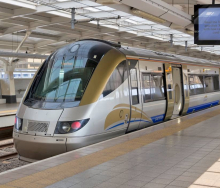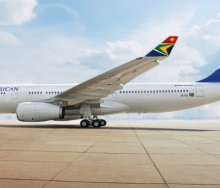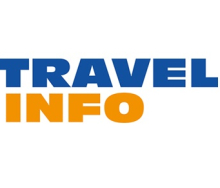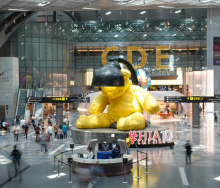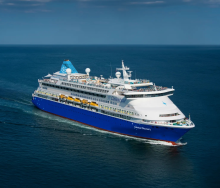As artificial intelligence (AI) continues to reshape industries worldwide, South Africa's travel sector is slowly embracing the technology and recognising its potential.
Asata CEO, Otto de Vries, told Travel News that South African travel businesses were increasingly adopting AI practices across various aspects of their operations.
“AI is being used to assist with tasks like researching destinations, creating personalised itineraries, handling customer enquiries, and streamlining booking processes,” said De Vries.
But, he said, the pace of AI adoption in South Africa's travel industry had been “moderate” so far.
“Some of the larger agencies and online travel companies have been early adopters, implementing AI in areas like customer service chatbots and personalised marketing. However, many smaller agencies are still in the exploratory phase. The industry as a whole recognises the potential of AI, but factors like cost, technical expertise and integration with existing systems have slowed widespread adoption.”
De Vries expects acceleration in adoption in the next few years as AI technologies become more accessible and travel businesses see a clear return on investment from early implementation.
Some companies, such as FCM and Travelport, have already incorporated AI-powered tools that enable faster data analysis, more personalised service, and round-the-clock assistance via chatbots.
FCM’s Productive Operations Manager, Mummy Mafojane, told Travel News about AI's significant impact. “At FCM, we’ve made AI a core part of our strategy to simplify and improve how we work and serve our clients.
“We're trialling AI-powered reporting in some markets, which allows travel managers to ask real, meaningful questions about their travel data and receive easy-to-understand, visual answers in moments. Whether it's tracking costs or analysing trends over time, the insight is immediate, empowering managers to make better decisions.”
Enriched content
Travelport’s AI and machine-learning-powered Content Curation Layer (CCL) optimises the booking process, offering agents and their travelling clients enriched, accurate content across sources.
“We’re seeing search volumes increase daily at Travelport, as airlines and other suppliers are creating more options,” Shrikanth Mysore, Head of Data Science at Travelport, told Travel News.
“The way we’re now using AI and machine learning to improve the speed and accuracy of data-driven search responses is exciting to see because it means travel is finally catching up with other modern retailers.”
Challenges
While these advances are redefining the customer experience, AI’s integration in travel is not without challenges. Cost, technical knowledge, and compatibility with existing systems remain significant hurdles, especially for smaller players.
Moreover, the industry faces questions about data privacy and ethical AI use.
Asata is working to help its members navigate these complexities, providing resources like AI-focused webinars and practical ‘cheat sheets’ on prompting. These guide agents in maximising AI’s benefits while addressing concerns around responsible implementation.
In forecasting the future, AI use is expected to increase as travel agencies rely more on advanced algorithms to predict customer preferences and handle more complex tasks.
Digital assistant
Caroline Smallwood, GM of Amadeus Southern Africa, highlighted the rise of digital assistants powered by generative AI, such as the Amadeus Hey! Digital travel companion.
“One solution gaining adoption is the Amadeus Hey! travel companion, which enables brands to build customer loyalty by orchestrating the most engaging travel experience before, during, and after the trip,” said Smallwood.
While AI continues to unlock new possibilities for operational efficiency and personalised services, these experts agree that human agents are still irreplaceable.
The consensus is that, while AI optimises back-end operations and enhances service quality – the industry’s hallmark – dedication to creating memorable, customised travel experiences through human insight will remain central.
These travel experts predict that as AI becomes further integrated within South Africa’s travel industry, its role as both a powerful tool and a supportive co-pilot to human expertise will likely strengthen.



